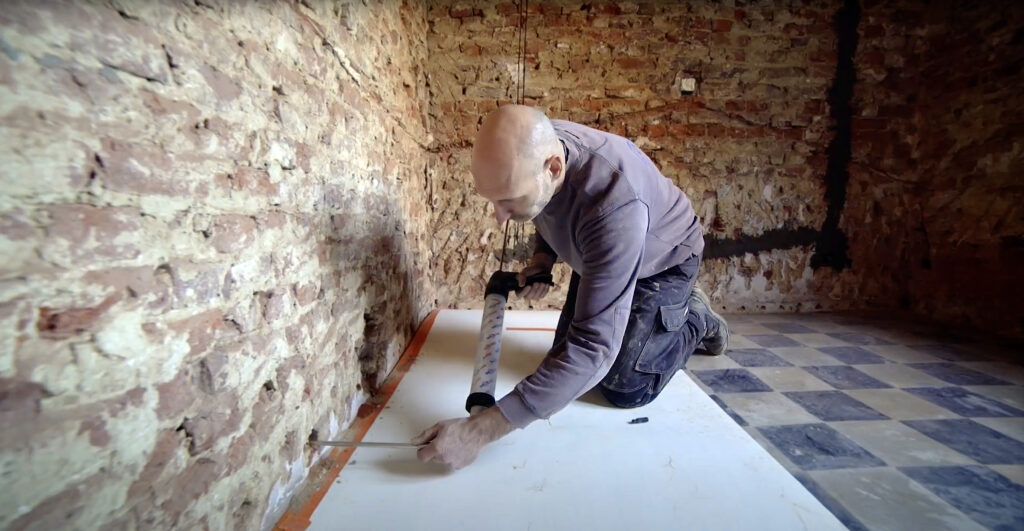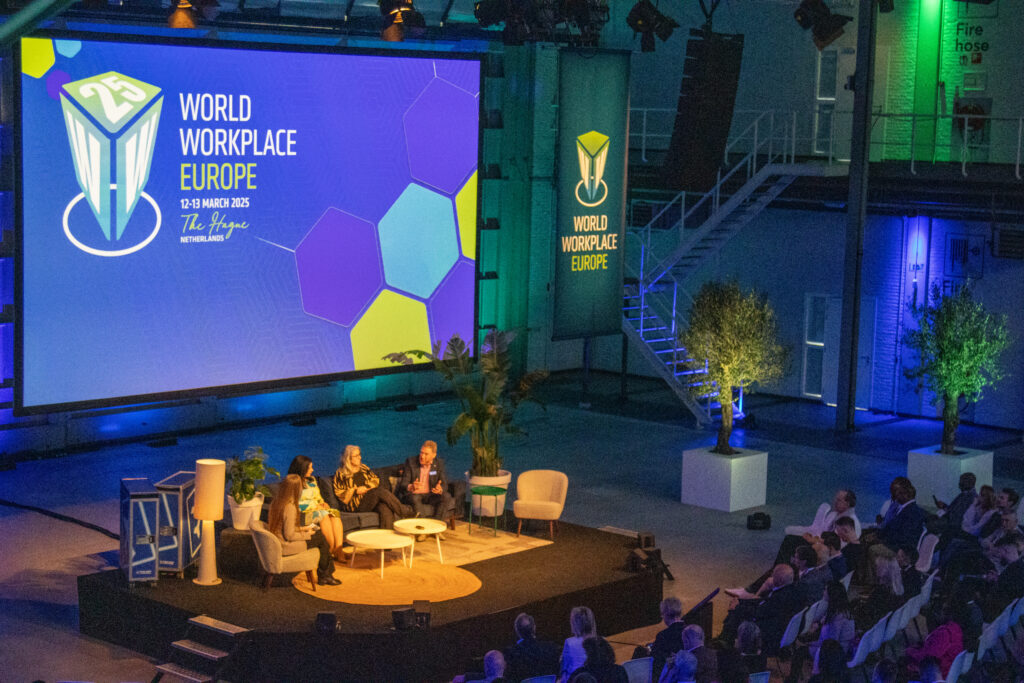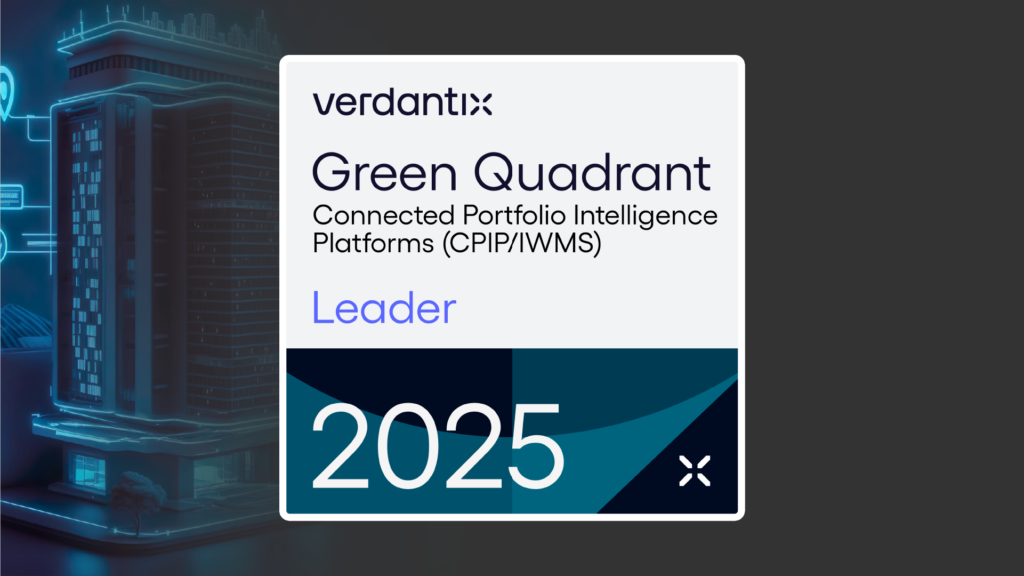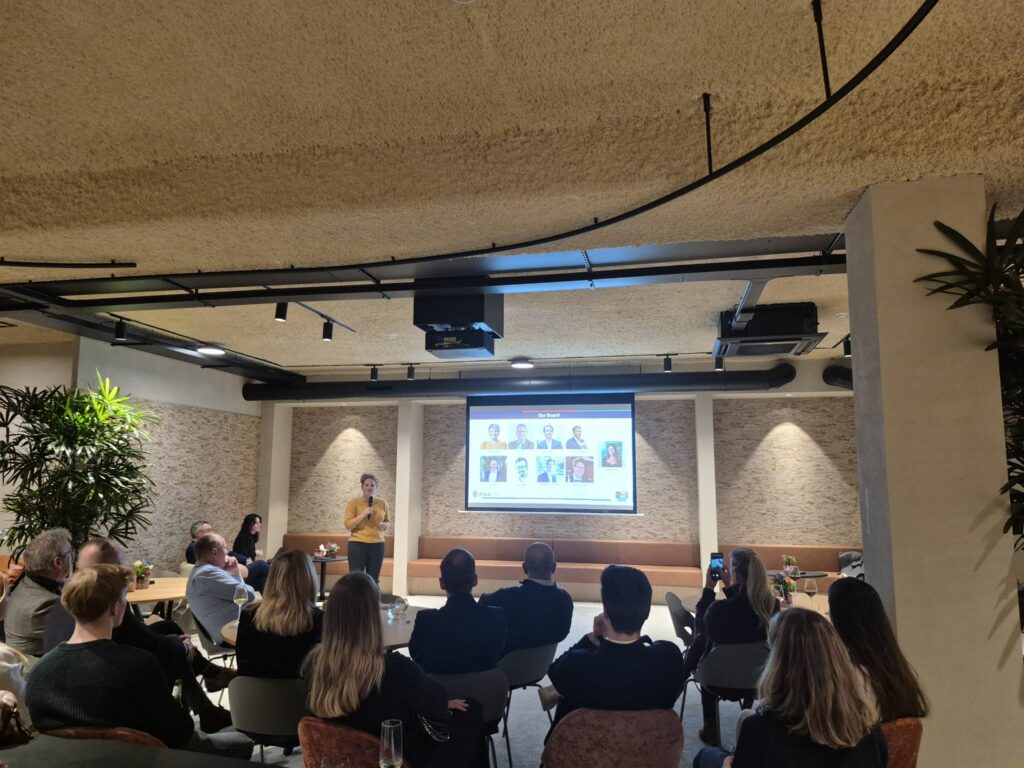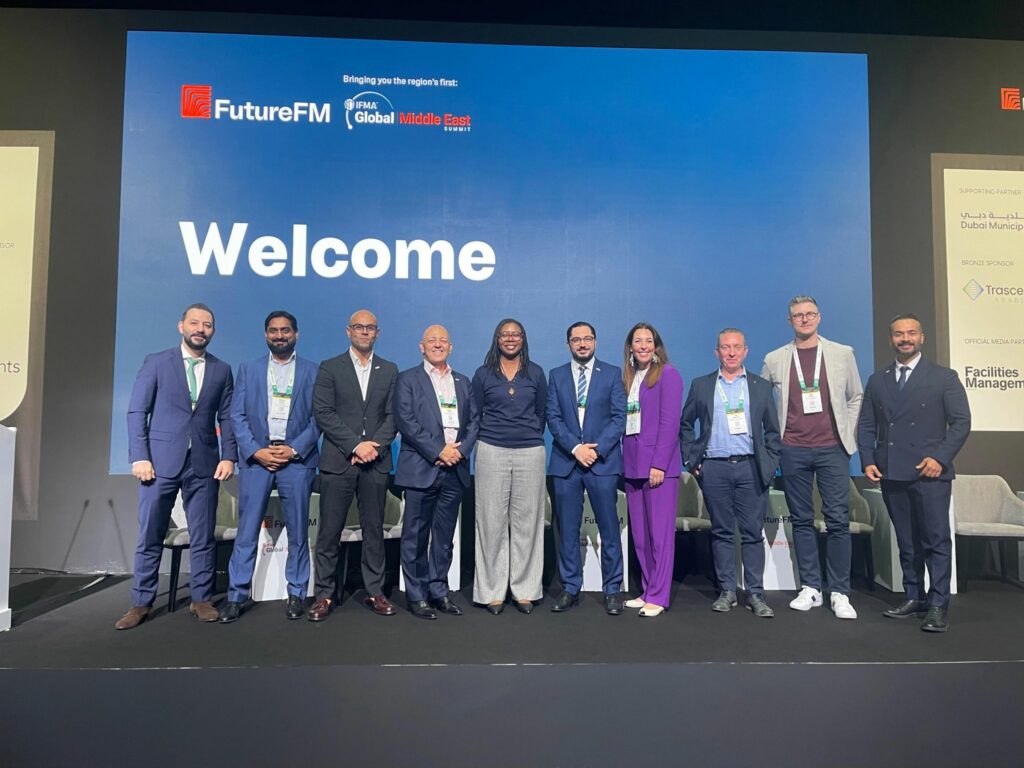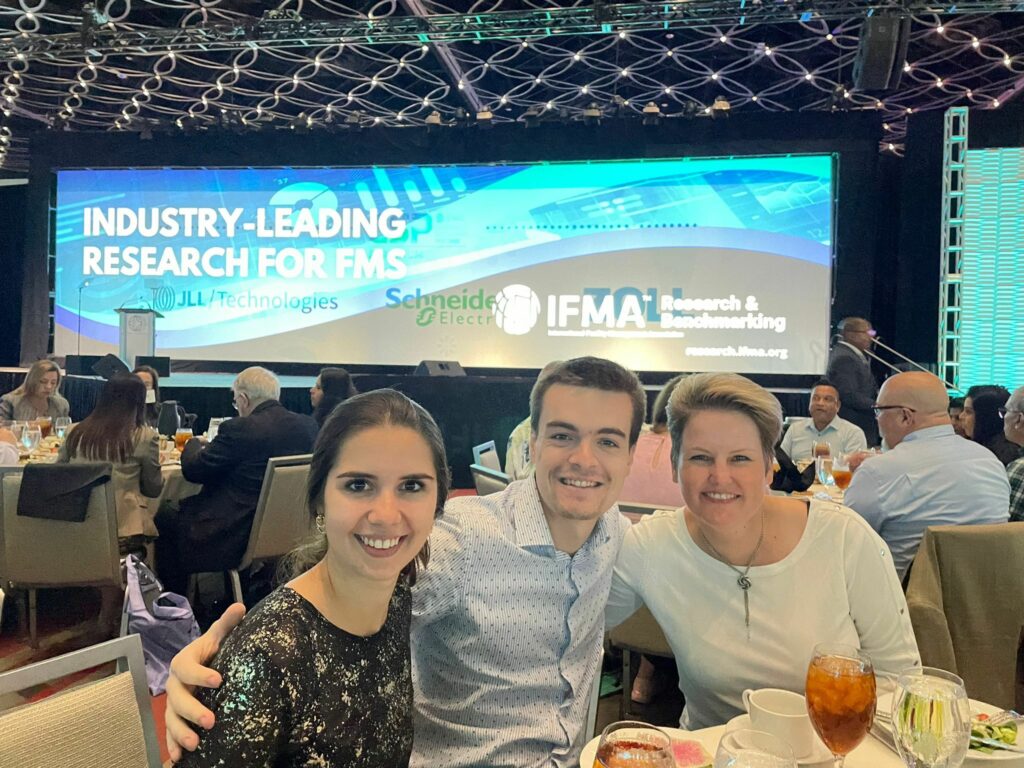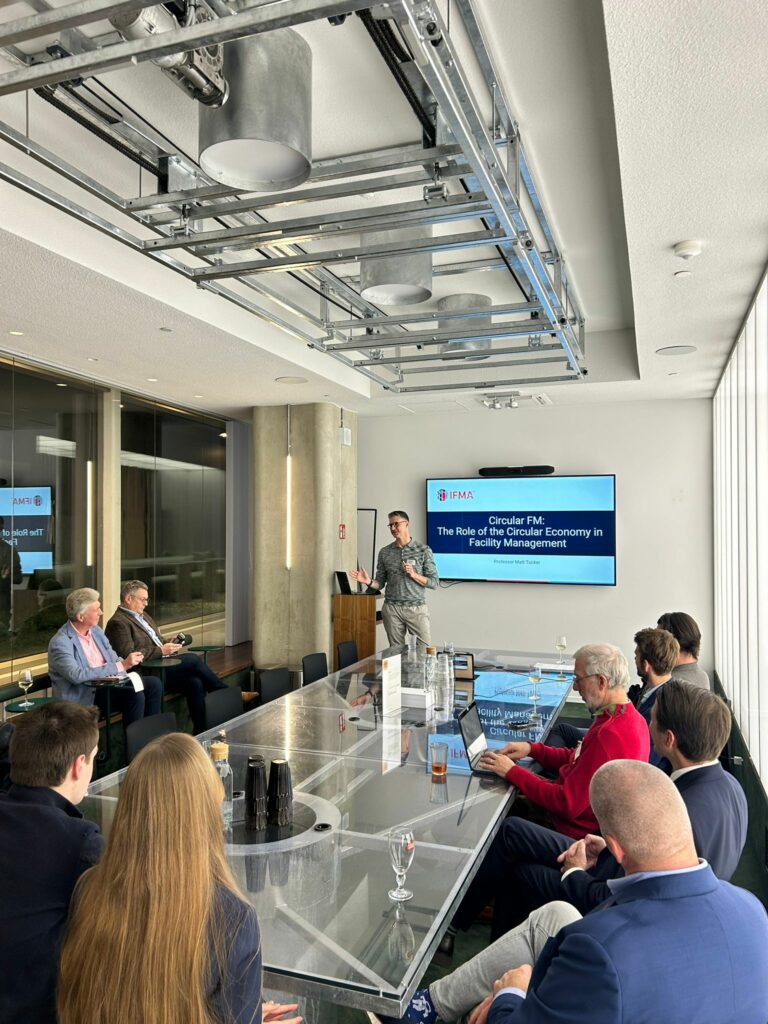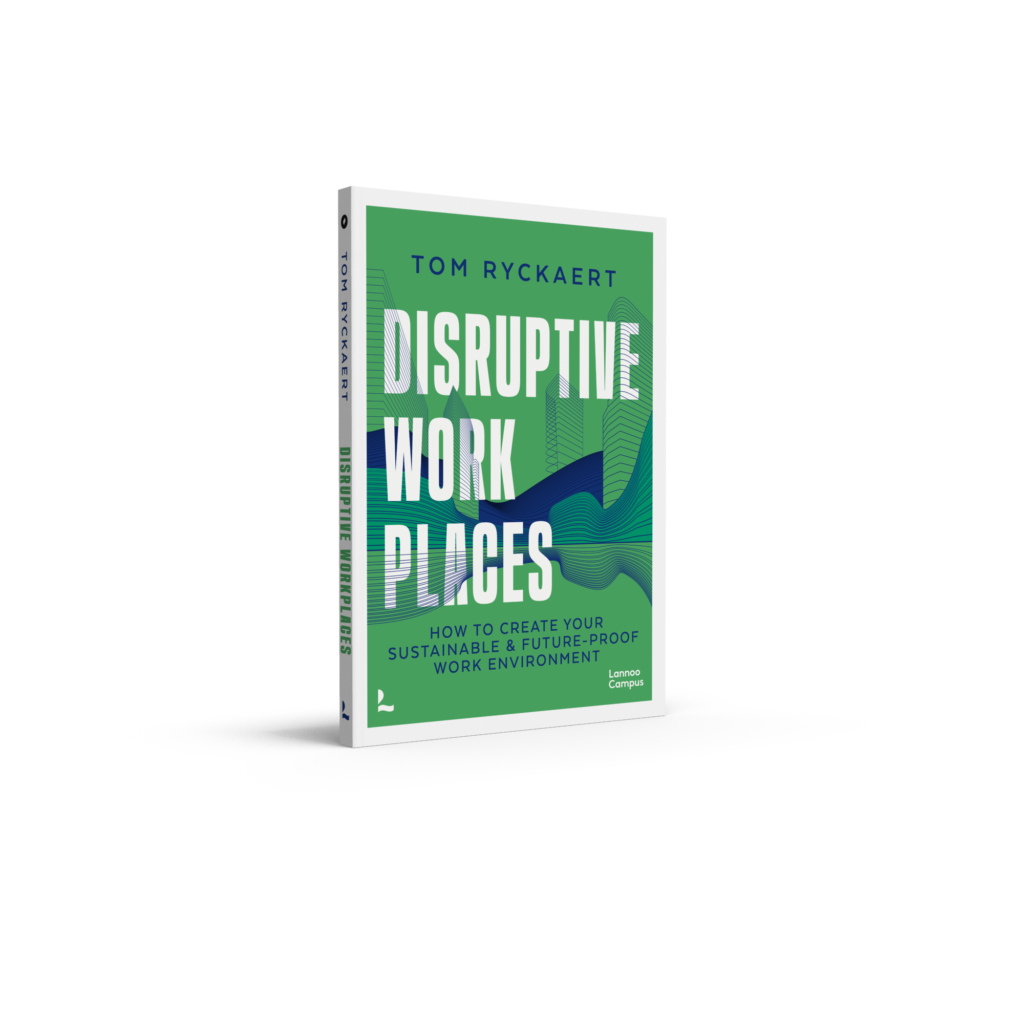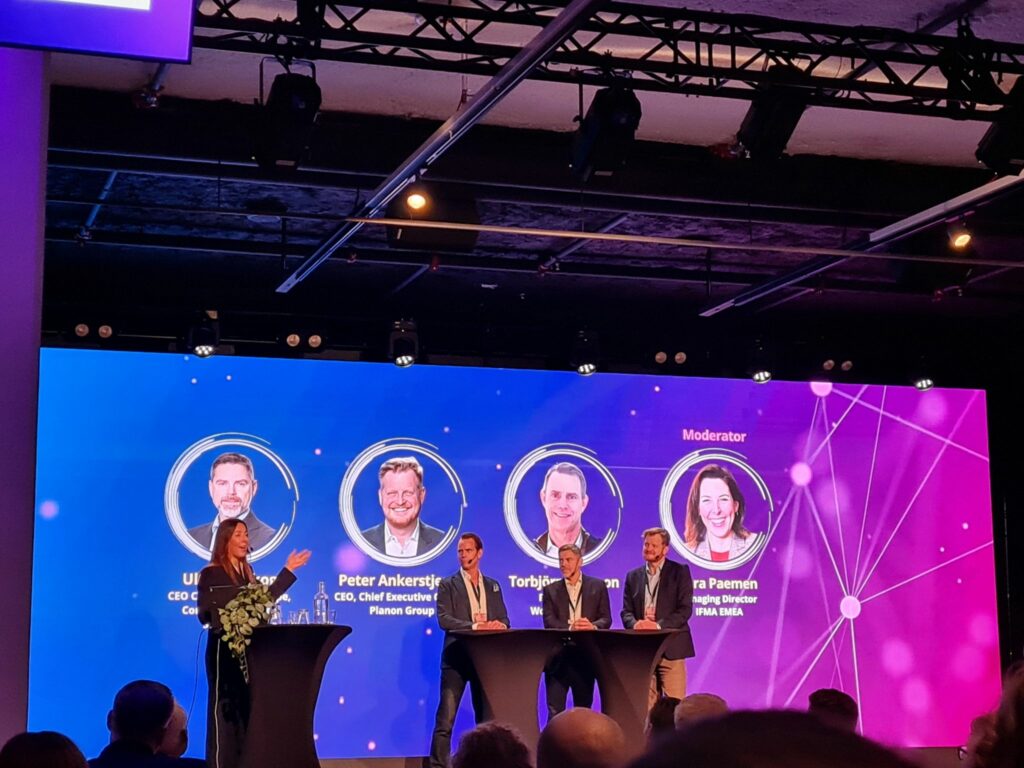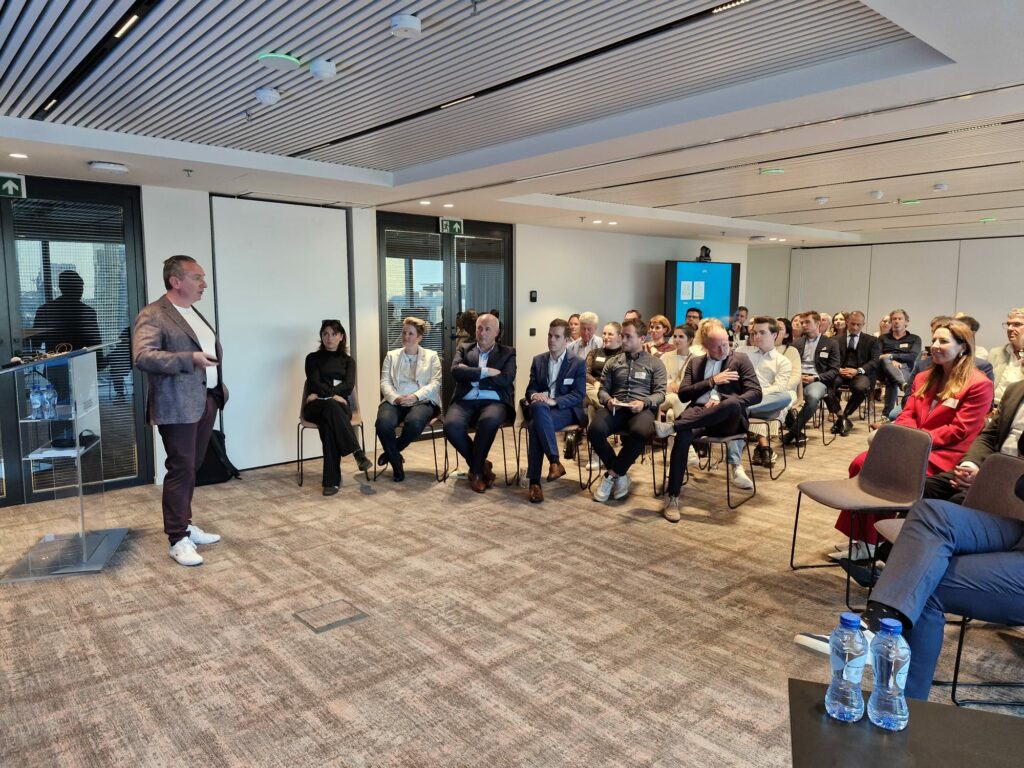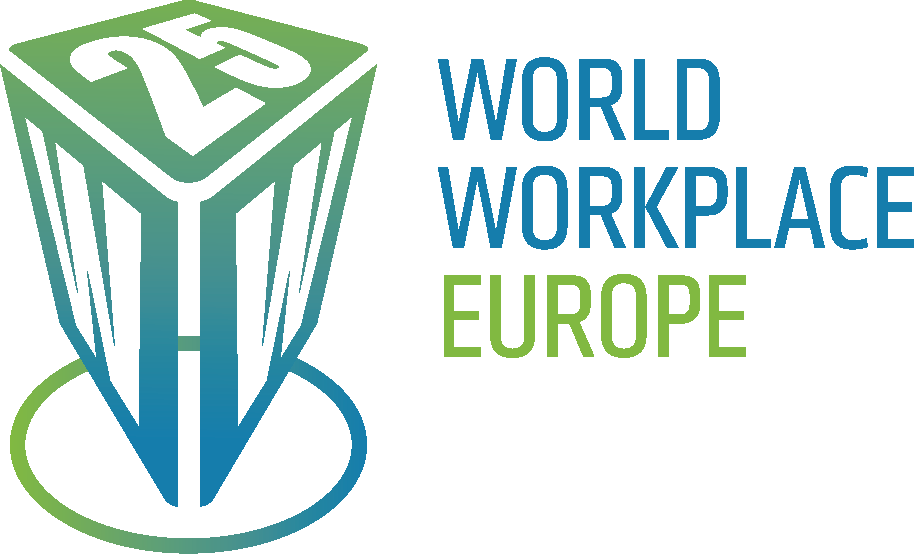How does your professional background relate to Facilities Management?
KS: I currently work as a consultant for PROCOS Group where FM Consultancy is part of a larger set of services. With these services PROCOS Group adapts buildings into better, healthier, and more sustainable environments for their occupants and other stakeholders. In the past, I have worked, for more than 10 years, as an operating Facility Manager for different companies. Today, my position allows me to go for the bigger picture and to have a real impact when it comes to strategic questions and solutions
JMVD: I have been involved in hospitality/Employee Value Proposition projects, whether within a large organization such as AXA or for multi tenant/coworking spaces like the Greenhouse Offices. Today, I am a senior Manager at the People & Change practice at KPMG where I am a domain expert in transforming the workplace into a flexible way to retain and attract new staff/the workforce of the future and their needs.

You both have similar journeys within the FM environment. What were the triggers to switch to consulting positions?
KS : Well, As a Facility Manager, one is often restricted by budget and expenses. So, you have to spend a lot of time on making financial business cases to convince management teams of doing actually necessary things, indispensable for a better future. Unfortunately, not every Facility Manger has the right background, experience, or knowledge level to do this, and many opportunities are missed. Therefore, I’d like to support and educate Facility Managers, so they can perform on a strategic level in their company. This is the level where they belong when it comes to bringing people, building and technology together when facing pandemics and climate crises.
JMVD: When working as a Facility Manager, you often see opportunities to improve the overall experience for the “inhibants” or visitors of a building. But most of the time, the feedback you get is that it’s going to cost money with no return of investment. But it’s not just about the cost of a project, it’s much more strategic than that, and especially today! It’s about retaining the right people, bringing them to the office with pleasure and on a volontary base.
How do you see the role of facilities management evolving?
JMVD: In my job, we are always thinking about what the workplace needs to be. Is it still a place where people come to work or is it rather a digital collaboration tool? We are really focusing on the workplace of the future. How does it need to evolve to keep connecting with the different generations of talents a company wants to attract and retain? And in a context where people have so many places where they can work, -they can now work from home, at clients, but also in a bar around the corner-, companies need to renew their employees’ experience if they want to stay relevant!
In a context where people have so many places where they can work, -they can now work from home, at clients, but also in a bar around the corner-, companies need to renew their employees’ experience if they want to stay relevant!
KS: I think that today we have a lot of Facility Managers who take care of supporting their organizations and their occupants. This is of course the most important part of their job. But the success of organizations also depends on their ability to deal with the various risks to which organisations may be exposed. In the context of the current geopolitical crisis, we are now seeing companies struggling to maintain their price competitiveness due to rising energy costs. Imagine that you have trained facility managers to anticipate risk and provide business contingencies based on short and long term planning. Imagine that you have a Facility Manager in your company who has foreseen the risk of energy dependence and who has already invested in energy self-sufficiency a few years ago. So to answer your question: “For me, the role of facilities management will have a very big impact on how businesses can sustain and prosper over the next decade.”
Imagine that you have a Facility Manager in your company who has foreseen the risk of energy dependence and who has already invested in energy self-sufficiency a few years ago.
What are the key learnings about the hybrid working situation you would be eager to share with your peers? Any advice?
JMVD: To foresee things that make people craving to be there! – e.g. a mini-supermarket or a place where Hello Fresh can deliver, very nice food, a place to come with your pet, … Today, I don’t really see reasons for people to go to the office. So clearly, they need something new and innovative !
KS: I totally agree with JM. When talking about working environments or offices we should think about a nice and happy place to go to. That being said, I believe that the idea of balancing work and life is outdated. When working takes up to about 50% of your awake time, it should reflect who you are, what you stand for and what you love doing. These things should therefore be part of your working environment, so the term “balancing” should be replaced by “integrating life” into your work.
How do you see your role and what footprint would you like to leave as board members of IFMA Belgium?
JMVD: We want to create better connection with schools, to share knowledge with them, but also with other professional organizations like real estate, HR, procurement,…– to create bonds between people, to make people, including competitors, sit around the same table and share best practices on the way they work, not only with strategic insights but also in a very practical view.
KS: FM is about so many things: cleaning, hospitality, mobility, energy management, security, food and drinks, total experience, connecting with other departments,… and all of this in a sustainable way. Therefore, our profession and the Facility Professionals need to be supported by an international framework providing best practices and guidance to tackle all these items while speaking the same language. This is the role that IFMA Belgium will play and where I would like to put my energy and efforts into, so we can succeed all together.
JMVD : And it is also important for us to create more connection with Real Estate organizations. There are the people designing the building, but they also need to have a better understanding of what is driven by the inhibants of the building. You can have the best building design, if you can’t wash the windows, it’s still a big failure! And on the other way around, FM’s need to be able to better engage with HR and Real Estate designers to clearly demonstrate the value of the building experience for the employees! Companies also need to publish sustainability reports, FM also have a role to play in that context. Those reports cannot be written with, unfortunately, often greenwashing. This is also a role of the FM to oversee the sustainability.
Companies also need to publish sustainability reports, FM also have a role to play in that context. Those reports cannot be written with, unfortunately, often greenwashing. This is also a role of the FM to oversee the sustainability.

